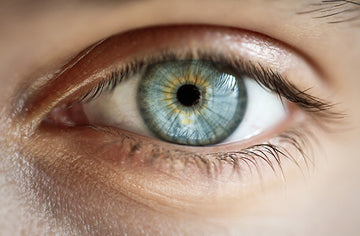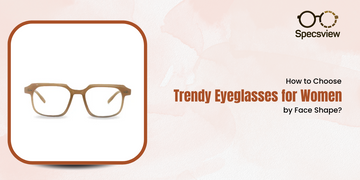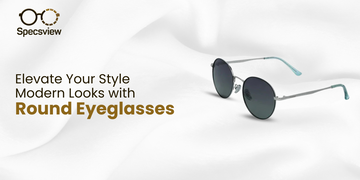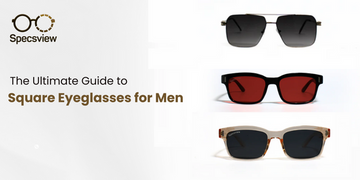Do you want to know how you can preserve your vision? Consider the 10 tips below, and then speak with your eye doctor to create a plan that is tailored for you.
1. Keep screens at a distance
It's not your imagination when you experience dry, scratchy eyelids after staring at a computer for long periods of time. Computer vision syndrome is a temporary condition characterized by strain, discomfort and light sensitivity. The Optometric Association suggests that you place your screen no closer than 20 inches away from your eyes.
2. Rest your eyes and blink often
When staring at screens for long periods of time, people blink less, which can cause dry and irritated eye. For people who spend most of their day in front of computers, tablets or other screens, experts recommend the 20-20-20 rule. Look at an object that is 20 feet away every 20 minutes for 20 seconds. If you are prone to eye strain or have dry eyes, set a timer for 20 minutes every 20 minutes.
3. Always Wear Sunglasses
Protect your eyes against harmful UV rays while you're outside or driving in daylight. In extreme cases, UV exposure can cause cataracts, age-related macular disease or sunburns. Your sunglasses should block 99% UVA and UVB radiation.
4. Omega-3 Fatty acids: Optimize your diet
Omega-3 fatty acid, which is found in cold water fish like tuna, salmon and mackerel can help reduce the risk of dry eye, as well as decrease your risk for eye conditions such as cataracts and macular degeneration. You can take fish oil or omega-3 supplements if you do not like seafood.
5. Increase your consumption of greens
Do you want to know how to protect your vision by changing your diet? Carotenoids such as lutein and Zeaxanthin are found in leafy green vegetables like spinach, kale and broccoli. They also occur in peas, Brussels sprouts, avocados and Brussels sprouts. The National Eye Institute conducted research to show how certain dietary supplements including these essential pigments can help prevent some eye diseases.
6. Blood Sugar Control
Your overall health may not seem to affect your vision, but it can in certain cases. Maintaining blood sugar control can help protect your vision if you have diabetes, or are pre-diabetic. If blood sugar levels are not controlled, they can cause eye problems and even blindness. According to the CDC, 90% of diabetic-related vision loss is preventable . Contact your doctor to schedule an appointment as soon as possible if you are concerned about your blood glucose or general health.
7. You Should Pay Attention to the Routine of Your Contact Lenses
It is important to maintain good contact hygiene when learning how you can protect your eyes. Store your contact lenses in a solution and wash your hands every time you insert or remove them. Use only this solution to clean contacts. Follow the instructions of your doctor for proper use. To avoid eye irritation, infection and vision loss, it's important to stick to the replacement schedules that correspond with your contact lens.
Eye drops are also important, especially if your eyes get dry when you use a computer. Buy a product designed specifically for contact lenses, like Blink for contacts. Consider switching to daily lenses if your contacts are causing you discomfort. These lenses are more comfortable and breathable. They do not need to be stored, as they are replaced every day.
If your eyes are dry or itchy, keep a spare pair of glasses. Discard any lenses that you have used to treat an infection such as pinkeye.
8. Throw away old eye makeup
You can protect your eyes by cleaning out your makeup. Eyeliner, eyeshadow, and mascara brushes that are over four months old can contain bacteria which can cause eye infections. Eye makeup older than four months should be thrown away or replaced. Sharpen your eyeliner regularly and avoid putting liner inside your eyelids. Stop using eye makeup if your eyes become inflamed.
9. Wear Protective Eye Gear
Wear safety goggles or protective eyewear if you need to protect your eyes. When working in the yard, doing home repairs or using strong cleaning agents such as oven cleaners or bleach, you should consider eye safety.
10. Schedule an Annual Eye Exam
It is important to visit your eye doctor at least once per year for a thorough vision examination. Annual eye exams not only help you maintain good vision and detect early signs of eye disease but are also a great indicator of your health. According to the Academy of Ophthalmology routine eye exams can help your doctor detect cardiovascular disease, diabetes and stroke. They can also detect brain tumors, aneurysms and multiple sclerosis.
Conclusion
Taking care of your eyes is crucial for your overall well-being. The 10 tips we've talked about provide a practical guide to keep your eyes healthy. Things like keeping a good distance from screens, taking breaks using the 20-20-20 rule, and wearing sunglasses when outside all help to maintain clear vision.
Eating foods with omega-3 fatty acids, like fish, and having leafy greens in your diet, along with controlling blood sugar, are important for reducing the risk of eye problems. Regular eye check-ups are not just for fixing your vision; they also help catch potential health issues early on.
Remember to take care of your contact lenses, wear protective gear when necessary, and pay attention to when your eye makeup expires. Your eyes are precious, and by doing these small things every day, you can ensure a lifetime of clear vision and eye health.





